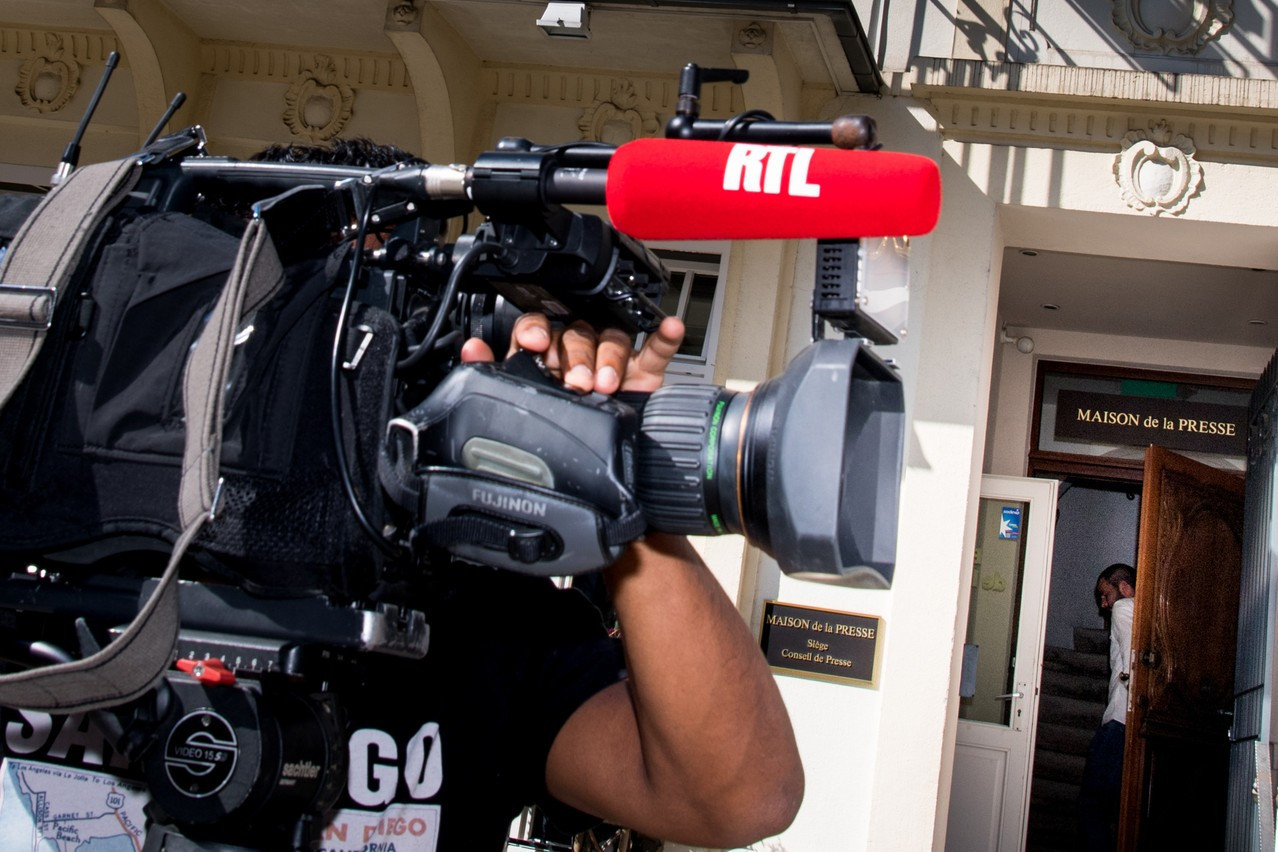Already in May, prime minister Xavier Bettel (DP), who is also media minister, told members of parliament that the agreement would . Under the current deal, RTL receives €10m to support its function as a quasi-public broadcaster in Luxembourg.
During a meeting on Tuesday, lawmakers heard that the bill would rise to €15m a year in addition to two payments of €500,000 each to upgrade hardware, according to the Luxemburger Wort.
This means that parliament will have to vote on providing the funds, a step that is necessary for any projects worth more than €40m. Lawmakers had pushed to be able to review the existing agreement between the government and CLT-UFA. A Luxembourg court in January ruled that members of parliament should have access to the document although they would have to keep its content secret.
The government wants the new edition of the agreement to be valid until 2030. It should also set up ethics rules on quality, accessibility and media pluralism as well as giving the media group a culture incubator function, emphasising media education and foreseeing a collaboration with the University of Luxembourg.
The money the government pays RTL aims to make up for financial losses the Luxembourgish programming incurs for the commercial operator and pay for the public broadcasting services it provides.
RTL’s Luxembourg-language radio programme reaches nearly 30% of the population, according to the latest results of a media habits based on a survey of 4,000 residents aged 15 or over. Around one in five watch its RTL Télé Lëtzebuerg TV channel.
The EU-funded in a 2020 report had warned that audiovisual media in Luxembourg is heavily dominated by RTL, targeting the Luxembourgish-speaking population. It urged policymakers to review the role of public media in the country.
The legal framework of Radio 100,7--Luxembourg’s public radio station--is currently under review.
